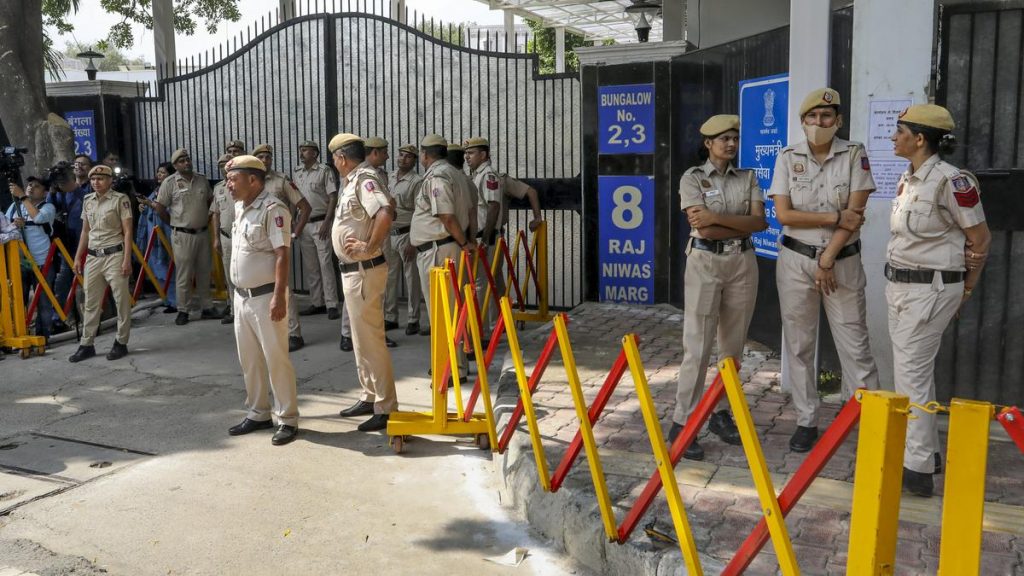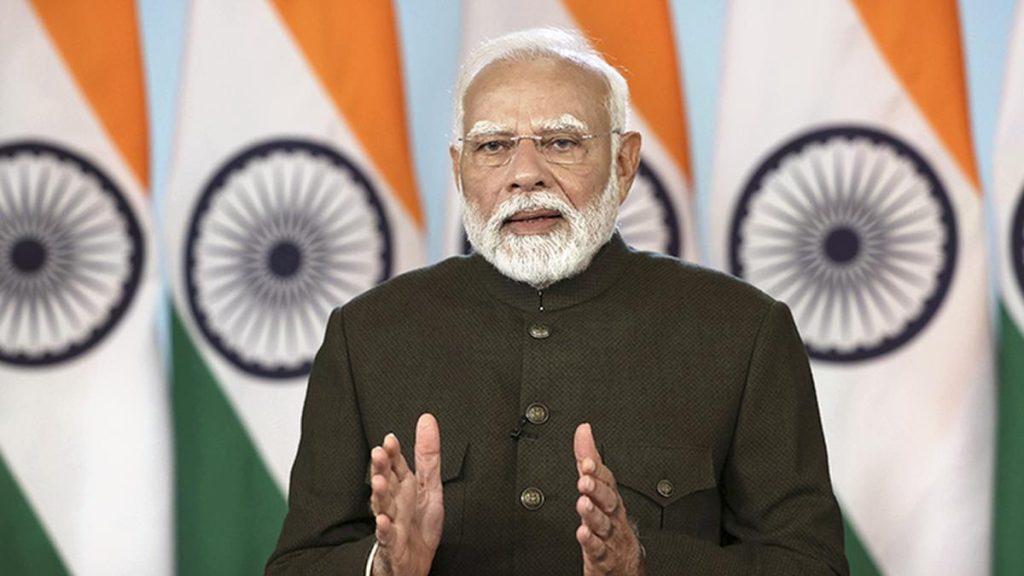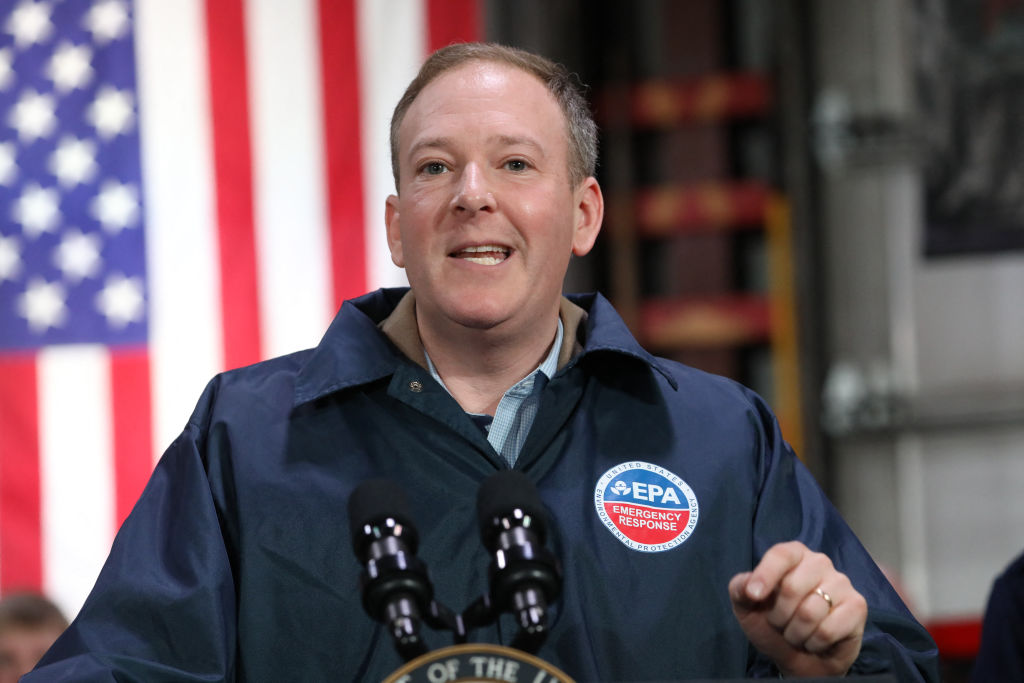Now Reading: Climate Action in Indigenous Lands Requires Consent
-
01
Climate Action in Indigenous Lands Requires Consent
Climate Action in Indigenous Lands Requires Consent
Rapid Summary
- Harvard University moved its solar geoengineering project, SCoPEx, to Sámi territories in northern Europe without prior consultation or consent from the Indigenous Sámi people.
- Solar geoengineering involves dispersing chemical particles into the atmosphere to reflect sunlight and mitigate global warming.the Sámi council opposed this project for violating their rights under international law and conflicting with their cultural beliefs about nature.
- indigenous leaders globally are pushing back against climate solutions like carbon markets, offsets, and geoengineering that they claim exploit Indigenous lands without proper consent or benefits. Violations often include lack of transparency, exclusion from decision-making processes, and broken promises of financial compensation.
- The IEN report cites nine cases of such violations where Indigenous groups invoked the U.N. Declaration on the Rights of Indigenous Peoples (UNDRIP) to resist projects affecting their territories.
- Accomplished rulings in favor of affected communities have reaffirmed Indigenous land rights in initiatives such as Peru’s Cordillera Azul National Park carbon offset case. Courts are increasingly recognizing UNDRIP protections for territorial rights.
- Some Indigenous groups endorse carbon markets for economic growth within a framework respecting their rights; though, critics highlight risks like displacement and commodification of nature.
- Following intense opposition from the Sámi council,Harvard terminated its SCoPEx project in March 2024.
Indian Opinion Analysis
The conflict between Harvard’s solar geoengineering project and the Sámi people illustrates a broader tension concerning environmental initiatives that intersect with Indigenous lands worldwide. For India-a contry home to notable tribal populations managing ecologically sensitive areas-this case serves as an vital reminder about respecting free,prior,and informed consent when implementing environmental projects.
As India explores climate solutions like afforestation drives or renewable energy expansion into rural hinterlands predominantly occupied by tribal communities, ensuring clear communication practices becomes critical. This could prevent potential disputes that may hinder enduring development goals while protecting traditional livelihoods.
Moreover,global lessons about balancing innovation with ethical obligations suggest policymakers carefully weigh short-term ecological gains against long-term socio-cultural impacts on affected populations before advancing market-based strategies such as carbon credits-an area India has shown interest in developing.
If India seeks to be a leader in equitable climate action at international platforms while prioritizing inclusion locally among marginalized communities like tribal groups aligning development policies alongside indigenous wisdom/values poses meaningful crossroads forward similar circumstances demand robust procedural safeguards promoting societal trust cooperation Read More: here
























